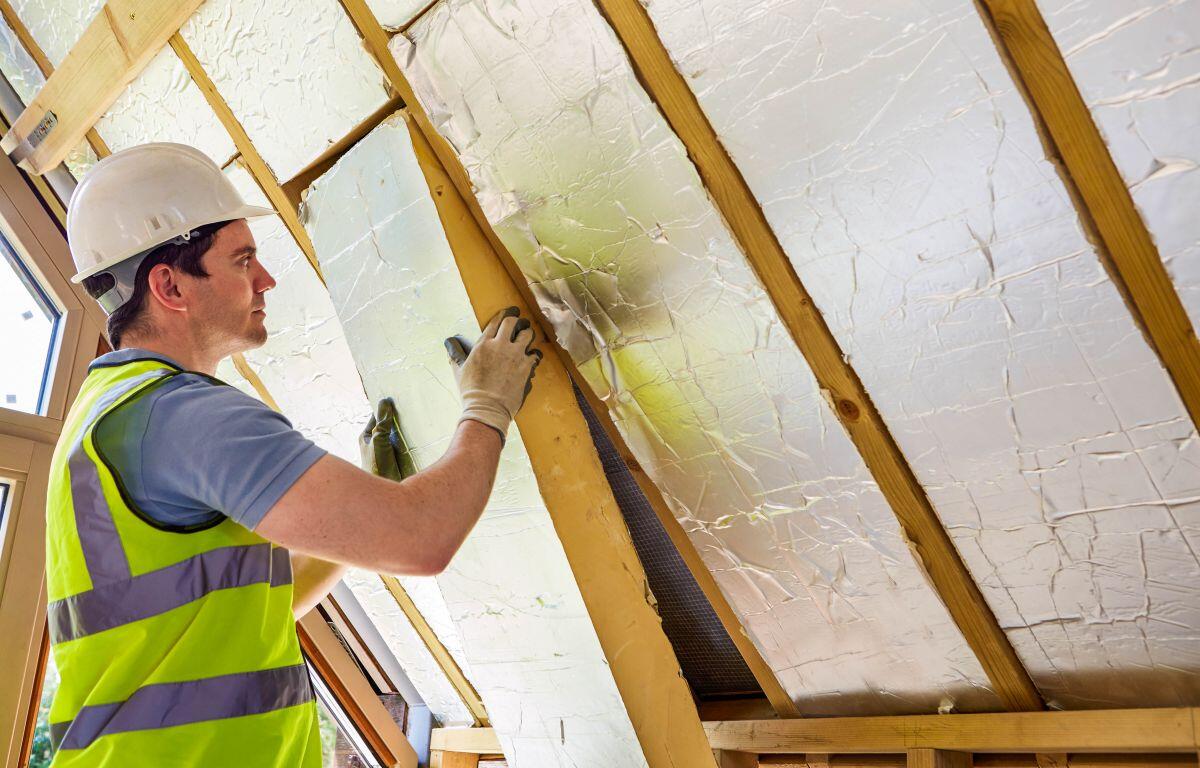CHAMPAIGN, Ill (Chambana Today) — As winter settles into Champaign-Urbana, two local housing professionals are reminding homeowners that a little prevention now can save a lot of money later. In this week’s Ask the Pros, Realtor Hayley Siefert of the Siefert Team at Keller Williams Realty and Wes Taylor of Taylor Construction & Design shared their top cold-weather maintenance tips — many of them simple, inexpensive, and often overlooked.
One of the biggest culprits? Garden hoses left attached to outdoor spigots. “If your hose freezes, your water freezes back into your hose spigot,” Taylor explained. “If that freezes hard enough… it can actually break that line.” Both called disconnecting hoses “a two-second fix” that prevents burst pipes and costly repairs.
Fireplaces and furnaces also top the winter-prep checklist. Siefert said her family schedules an annual chimney sweep before using their wood-burning fireplace. “A professional can… make sure you have the proper chimney cap to keep out those furry animals,” she said. Taylor added that HVAC systems should be serviced ahead of temperature swings: “The times you need them the most are when issues show up.”
Energy efficiency — and skyrocketing Ameren bills — were also part of the conversation. Many local home inspections, Siefert said, reveal inadequate attic insulation. Taylor noted that even newer homes experience settling that reduces insulation performance over time. Drafty rooms may also point to aging windows or failing seals.
Some winter issues, however, aren’t seasonal at all. Both warned about the consequences of neglecting sump pumps. “I walked down to my basement and had a couple inches of water because my sump pump gave out,” Siefert said. Taylor echoed the experience, saying he had recently dealt with a flooded basement in his own new home. “It’s much cheaper to put in a backup pump than to do a $50,000 basement remodel,” he said.
Both encouraged homeowners to set calendar reminders for routine checks — smoke detectors, furnace filters, sump pump tests — or consider service contracts with local maintenance companies.
“Your home is your most expensive asset,” Siefert said. “Take care of it.”


